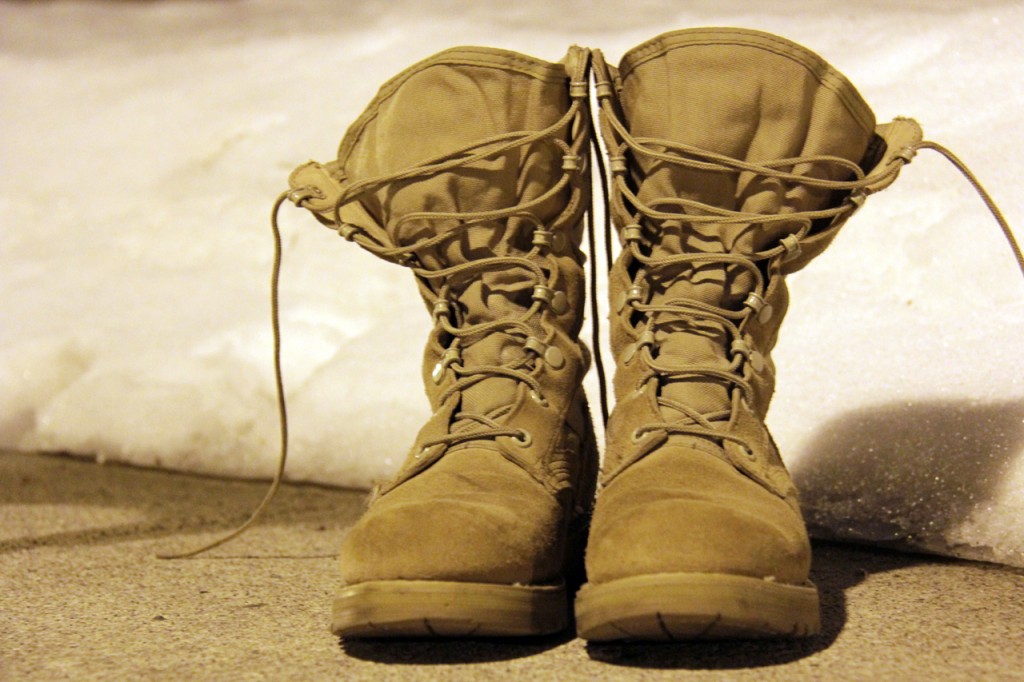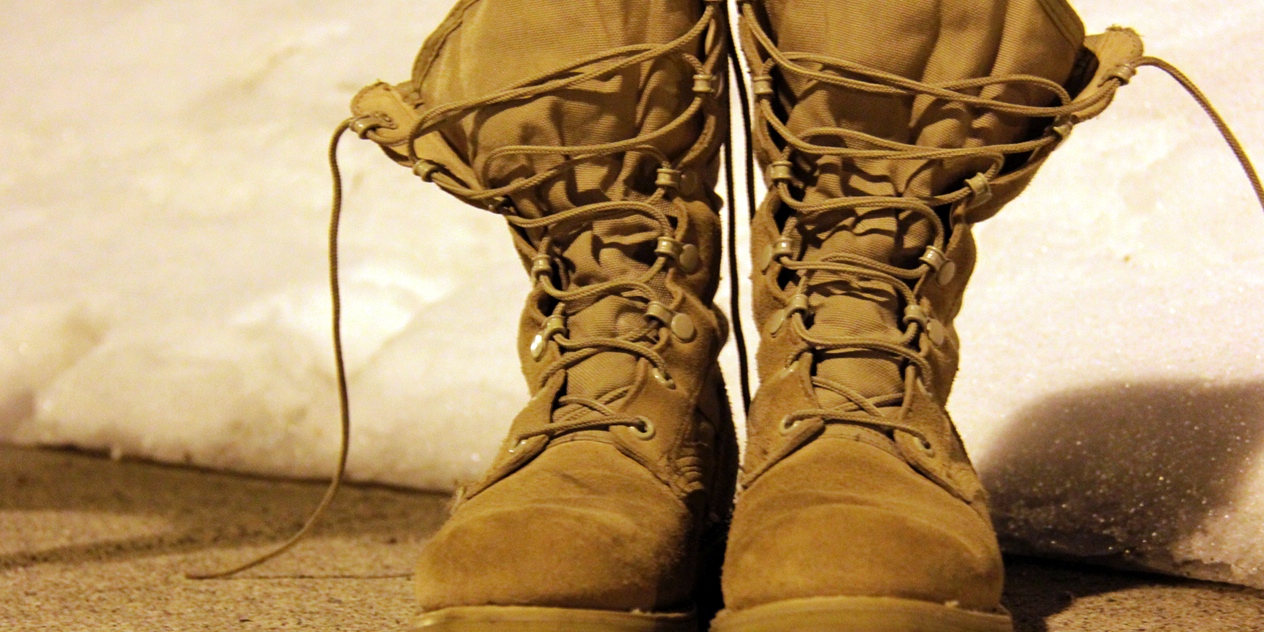
Concordia College’s student military presence is visible every Thursday when Reserve Officer Training Corps cadets walk around campus in full uniform, but a smaller group of student veterans also exist within the student body.
These students spent an extended amount of time in the military and then enrolled, or returned in some cases, to Concordia to earn a degree. Their experiences when returning from serving in the different branches to becoming a college student vary but they all expressed the need for adjustment to college life.
One such student is Marsha Werner, who is currently a junior majoring in psychology. Before Concordia, Werner spent 10 years in the Navy as a master at arms surface warfare second class petty officer – the equivalent of a correctional officer.
She said one of the major adjustments she had to make upon coming to college was to use what she called “civilianese” instead of the military terminology she had become accustomed to. For example, her official title in the Navy would have been easily understood by her military peers but made no sense when she told fellow students.
Another adjustment Werner had to make was going back to using her first name rather than just her last name.
“Sometimes it takes me a couple seconds to register my first name,” Werner said.
In fact, Werner has sometimes requested that professors call her by her last name to make the adjustment easier for her.
Junior Mohamed Bashir, an Air Force veteran, served before and during the invasion of Iraq. Now he is a full-time student at Concordia in addition to being a husband and holding a full-time job. Because of the time he spent in the military, he now finds himself, at the age of 29, 10 years older than his peers.
“The biggest adjustment is the age gap,” Bashir said.
He explained that he sometimes has to pull out his driver’s license to prove to his classmates that he is indeed older than they are. Bashir noted his age gap as being especially hard to deal with during orientation week. Since he also holds a full-time job, Bashir skipped most of orientation week, which resulted in multiple phone calls from his orientation professor.
Because of his awareness of the age gap between him and his fellow orientation club members, Bashir said, “Was I really like that when I was 18?”
However, Bashir explained that he has made some good friendships while here at Concordia.
“I look at them as if they were my age,” Bashir said about his college friends.
He explained that they even sometimes joke about the age difference by calling him grandpa and by blaming all of his absences on it being senior day at Perkins.
The biggest adjustment that these two students had to make was dealing with time management. This is usually a problem for most incoming college students, but having to lead full lives outside of college drastically increases the need for good time management.
“Time management is how I survive,” Werner said.
On top of being a full-time student, Werner also holds two jobs and is a mother of two. She must balance all of these in order to stay on top of things. However, she says that her experiences within the Navy have helped her to deal with both the stress management and long work hours required in her current life.
Another student veteran, senior Nathan Olsen, says that his time in the military has actually hindered his experiences here at Concordia.
“For me, education has been much harder,” Olsen said.
He said that some of the reasons student veterans have difficulties with education are concentration and memory issues that result from serving in a stressful environment. Olsen had served four years in Iraq which contributed to these issues.
Olsen went from serving in December of 2008 to studying in January 2009.
“I should have taken at least 6 months off,” Olsen said.
He said that this would have helped with the overall adjustment process.
Eric Hestness, a senior double majoring in global studies and history/political science, commented on how his time serving in the Army Reserves changed him.
“I viewed it as more of a learning experience rather than a work experience,” Hestness said.
Hestness had been a student at Concordia before he was deployed to Afghanistan in fall of 2010. He spent a year abroad and has now returned to college to finish his degree.
“Seeing the culture in Afghanistan helps you grow, gives you new ideas,” Hestness said.
Hestness had been a member of Concordia’s choir before he was called to active service in the Army. He said that one of the major things he missed was “making music with everyone. There’s a major lack of music in Afghanistan.”

